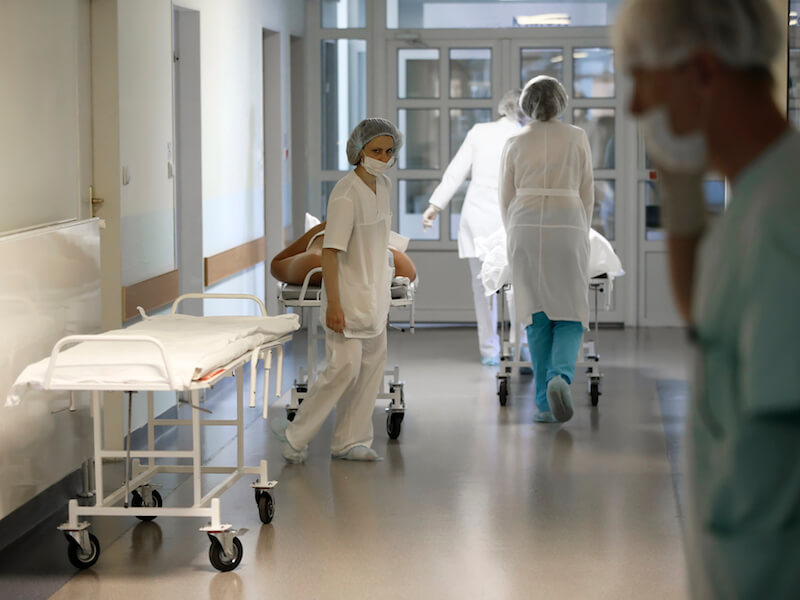
Having to visit the ER can be financially and personally costly. What if you could lessen your risk of falls, accidents, depression, anxiety, and even dementia while also eliminating trips to the ER.
Surfacing studies make the case that, for people with severe hearing loss, wearing their hearing aid could be the difference between staying involved and healthy and winding up spending many evenings in the emergency room.
The Research
Participants between the ages of 65 and 85 participated in a University of Michigan study. Each had significant hearing loss. But out of all of those who took part, only 45% of them used their hearing aids regularly.
Other researchers have also shown that hearing aids were worn regularly by only 30% of people who had them.
12 fewer, of the 585 individuals who did use their hearing aid, had Er visits or unplanned hospitalizations.
This might not seem like a very big number. But it’s statistically significant.
And there’s more. They also discovered that one day fewer, on average, was spent in the hospital for individuals who used their hearing aids. Their time at the ER was probably reduced because they were more likely to keep their regular doctor’s appointments.
How Might Hearing Aids Decrease The Need For ER Visits?
First for the obvious one. If a person is keeping up with their health, they’re more likely to stay away from ER.
Other research has revealed that when individuals with hearing loss use their hearing aids, they stay more connected to family, friends, and the community. When a person is socially involved they are usually more motivated to keep their appointments and also have more help from family and friends getting to the doctor.
And driving is safer when you can hear, so you will have more confidence if you are bringing yourself to your appointment.
Additionally, a U.S. study found that those with hearing loss who don’t use their hearing aid are twice as likely to be depressed. Depression can bring about a lack of self-care, which can lead to health problems.
Thirdly, several studies have found that using your hearing aid can lessen fall risk and dementia. As a person begins to suffer from hearing impairment, the corresponding region of the brain begins to decline from disuse. The rest of the brain is ultimately affected. The disorientation associated with falls and symptoms of dementia are commonly the outcome.
Falls are one of the major causes of death among those over 65, and the consequent hospitalizations last twice as long.
Hearing aids decrease visits to the ER for these reasons amongst others.
So Why is Wearing Hearing Aids Something That so Many Individuals Avoid?
It’s hard to come up with a valid excuse.
Fear of appearing old is one major reason why some individuals don’t wear their hearing aids. 25% of individuals over 65 and 50% of people over 75 have hearing loss and yet this notion of looking old with hearing aids remains. Hearing loss isn’t unusual. It happens to many people. Plus, hearing loss is increasing even among 20-year-olds because of earbuds and the rise in noise pollution.
It’s ironic that when someone is constantly asking people what they said it actually makes them seem older.
Some people cite the costs of hearing aids. However, financing is possible for hearing aids and costs have come down in the past few years.
Some people don’t like how hearing aids sound. In this case, your hearing specialist can help you understand what settings work best in different circumstances. Hearing aids don’t always fit and sound perfect on the first fitting and sometimes require a number of attempts.
If something is stopping you from using your hearing aid, it’s time to schedule an appointment with your hearing specialist.